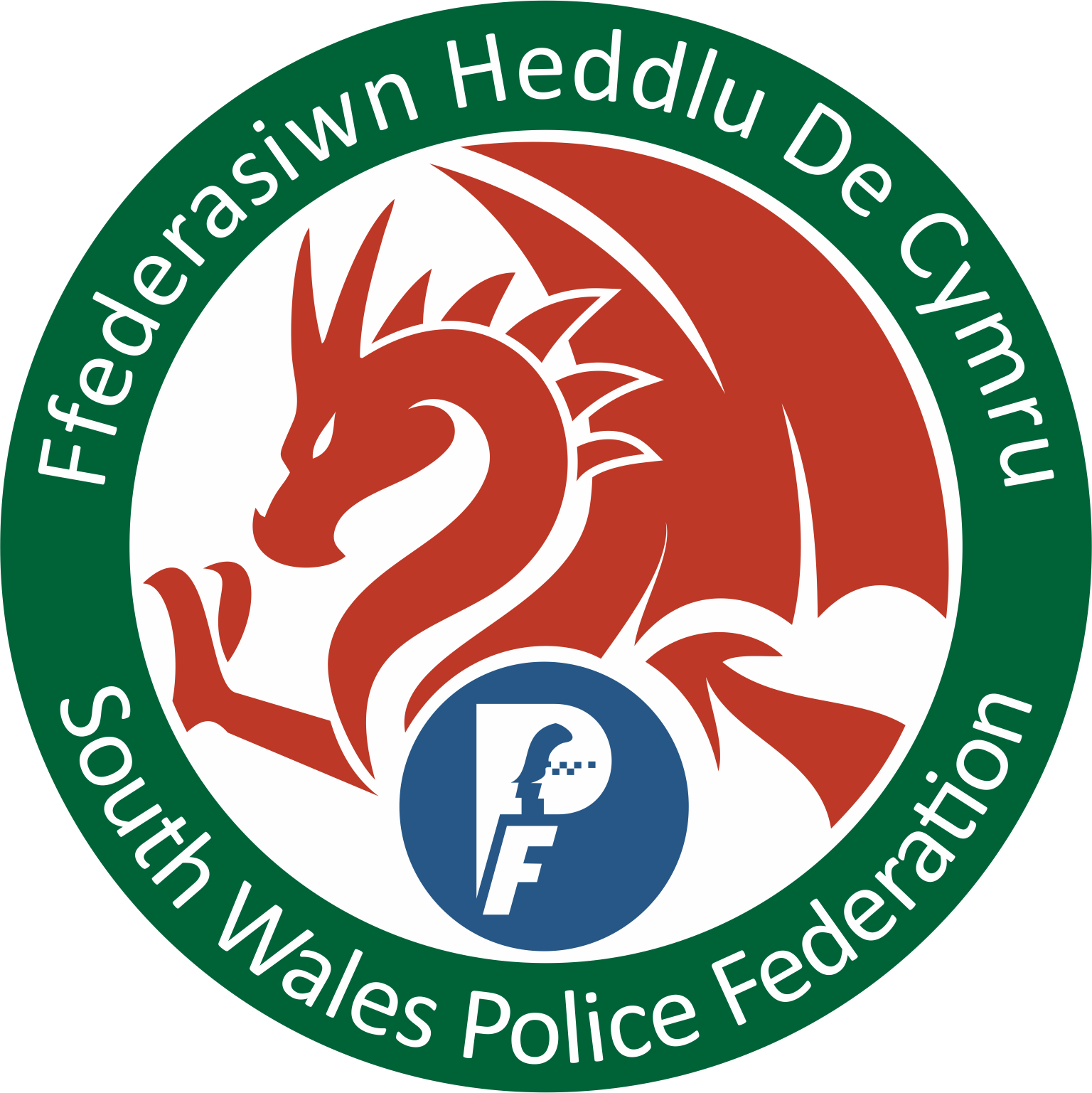About Us
The Police Federation of England and Wales is a staff association for all police constables, sergeants and inspectors (including chief inspectors).
It was created by the Police Act 1919, passed a year after a crippling strike by the unrecognised National Union of Police and Prison Officers (NUPPO).
Aims and Objectives
The Police Federation of England and Wales is the staff association that represents all 140,000 police officers up to and including the rank of Chief Inspector. We have a statutory obligation to ensure that the views of our members are accurately relayed to government, opinion formers and key stakeholders. To ensure this we measure the work we do and what we seek to achieve against our organisational aims and objectives.
Represent and Support
Objective:
To represent and promote the interests and welfare of our members, and to support colleagues to achieve the required professional standards.
We do this by:
- Meeting our statutory responsibilities.
- Representing our member’s interests in matters of discipline, diversity, health and safety, welfare, pensions, claims and members services.
- Ensuring that Representatives have the required skills and abilities to fulfil their role and meet their statutory responsibilities.
- Providing national and local representation to ensure that our members receive appropriate training to deliver a professional police service.
Influencing
Objective:
To influence internal and external decision makers at local and national levels on matters affecting our members and the police service.
We do this by:
- Providing clear leadership locally and nationally on issues affecting the membership.
- Listening to and reflecting issues concerning our members.
- Maintaining an effective communication strategy.
- Engaging with all internal and external stakeholders and decision makers.
- Putting evidentially based information in the hands of decision makers.
Negotiation
Objective:
To maintain and improve the conditions of service and pay of our members.
We do this by:
- Actively participating in national, force and local negotiations.
- Negotiating collectively and on behalf of individual members.
- Using evidentially based information in our business practices.
Federation Today
Today, the Police Federation of England and Wales is the staff association that represents all 140,000 police officers up to and including the rank of Chief Inspector. We ensure that their views on all aspects of policing, including welfare and efficiency, are accurately relayed to government, opinion formers and key stakeholders.
The Federation has evolved from being a voluntary, unfunded organisation in its early years, to a modern, professional staff association that covers all subjects and issues that affect the police service, including all aspects of pay, allowances, hours of duty, annual leave and pensions, ensuring the views of its members are heard.
On behalf of its members, the Federation is also consulted when police regulations are set and when issues such as training, promotion, discipline and professional standards are discussed.
The Federation is based in a new, purpose-built headquarters in Leatherhead. It employs approximately 80 people, with extensive Communications, HR, Printing, ICT and Research departments, as well as support and administrative staff for all members of the Joint Central Committee and sub-committees.
Local Federations
Each of the 43 police forces in England and Wales has a Constables’ Branch Board, a Sergeants’ Branch Board and an Inspectors’ Branch Board, each elected by the rank they represent.
Each board meets regularly to consider issues that affect their electorate, but much of their work is carried out when they meet together, forming a Branch Council.
The Branch Council acts as the negotiation and consultative body when dealing with the Chief Constable, senior officers and the Police Authority, providing an effective link between officers and senior management. They deal with the day-to-day problems officers face, and work to improve the status of the police service and its members.
